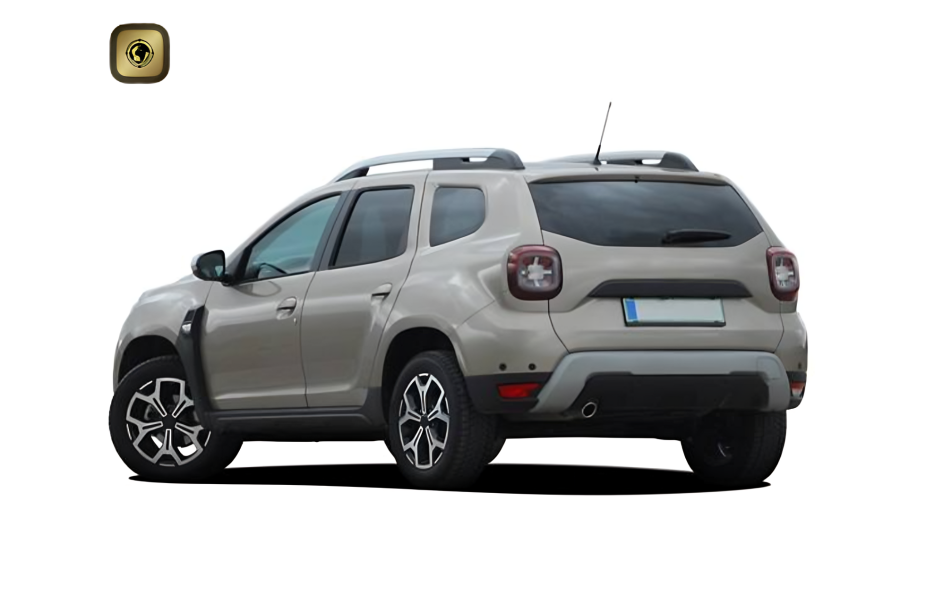March 30, 2025
When discussing car insurance, many of us think of accidents, theft, or weather-related damage, but what about the less frequent risks? Damage from rodents is frequently ignored until it turns into an expensive issue. In this blog, we will look into how rodents can harm your car, whether comprehensive insurance includes such damage, and methods to prevent it.
What Are the Typical Damages Inflicted by Rodents in a Vehicle?
Rodents such as rats and mice can inflict major damage on your automobile. They frequently take refuge in the engine compartment, air vents, or even within the seats of your vehicle. The most prevalent damage caused by rodents is the chewing of wires. This can result in electrical failures, potentially rendering your car non-operational.
If rodents gnaw on critical elements like engine wires or transmission cables, the repairs could be pricey. In addition to wiring problems, rodents might scratch or chew on upholstery, plastic panels, and hoses, which could lead to unpleasant odors and visible damage. Occasionally, they might also make nests inside the vehicle, utilizing debris and materials discovered in the car, which can impede the vehicle’s operation.
Is Damage from Rodents Included in Comprehensive Car Insurance?
If you possess comprehensive car insurance, you might be protected for damages inflicted by rodents, but there are several factors to consider. Typically, the policy covers damage from incidents that are not collisions, which may encompass vandalism, weather events, and even damage related to animals. However, rodent damage can be complex since not all insurance plans cover rodent-related issues.
It’s vital to review the fine details of your comprehensive insurance policy or consult with your insurance agent to verify if rodent damage is part of your coverage. In most instances, if you have this coverage, your insurance provider will reimburse you for repairs as long as you promptly report the damage.
Here’s a straightforward guide to follow if you think rodent damage has occurred:
1. Document the Damage: Capture clear images of the affected areas and compile a list of all damages caused by the rodents.
2. Report the Damage: Reach out to your insurance company without delay to initiate a claim. Whether through their website or via a phone call, they will assist you with the process.
3. Inspection and Reimbursement: An adjuster will evaluate the damage. Depending on your policy, you may be compensated for the necessary repairs, which might include fixing damaged wiring or upholstery.
How to Avert Rodent Damage to Your Automobile?
Third-party car insurance does not cover rodent damage, and neither do some comprehensive policies. Consequently, prevention is crucial to avoiding the stress and costs associated with repairs.
Here are some suggestions to help deter rodents from approaching your vehicle:
• Maintain your car’s cleanliness: Rodents are drawn to food remnants. Confirm that your car’s interior is devoid of crumbs, wrappers, or any other food debris.
• Park your vehicle indoors: If feasible, consistently park your automobile in a garage, as this can greatly lower the chances of rodents accessing your vehicle.
• Seal entry points:
Inspect your vehicle for any openings or fissures that rodents might exploit to enter, particularly around the engine area.
- Utilize repellents:
Specific aromas, such as peppermint oil, can help keep rodents away. Additionally, there are rodent-repellent products on the market that you may use. - Relocate your vehicle frequently:
Rodents tend to prefer vehicles that remain stationary for extended durations. Try to move your car at least once per week to prevent attracting rodents. - Conclusion
Damage from rodents can pose a significant issue for car owners, but possessing comprehensive car insurance may ensure that repairs are potentially covered. Always review your policy for rodent coverage and implement preventive strategies to safeguard your vehicle from these troublesome pests.
Disclaimer: The information provided above is intended for illustrative uses only. For further details, please consult the policy wording and prospectus before finalizing any sales.



Leave A Comment